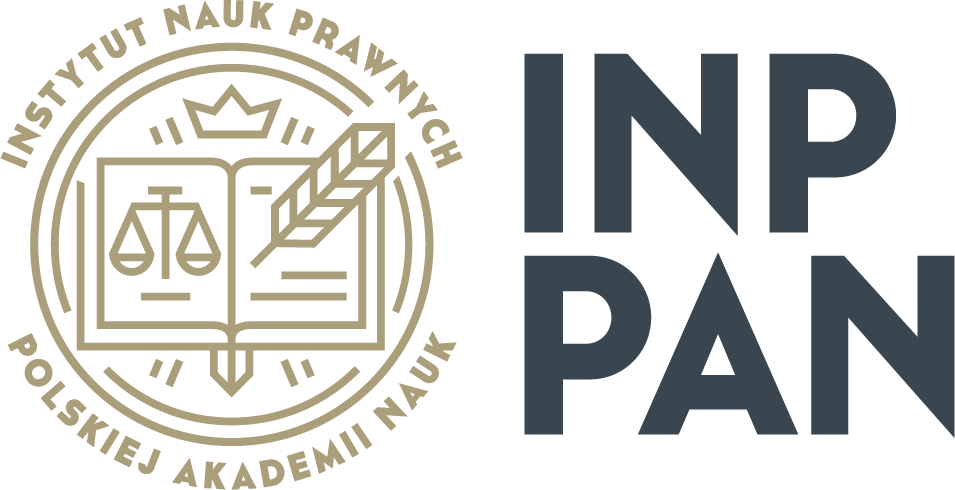Media and Society After Technological Disruption
Guardado en:
| Autor Corporativo: | |
|---|---|
| Otros Autores: | , |
| Lenguaje: | English |
| Publicado: |
Cambridge :
Cambridge University Press,
2024.
|
| Descripción Física: | XIII, 293 strony. |
| Materias: | Zobacz więcej... |
| Acceso en línea: | Zobacz publikację w Cambridge Core (Open Access) |
| Descripción: |
Tabla de Contenidos:
- Hurwitz, Gus Langvardt, Kyle Introduction (s. 1-2) https://doi.org/10.1017/9781009174411.001
- Langvardt, Kyle Introduction : Trusted Communicators (s. 5-7) https://doi.org/10.1017/9781009174411.003
- Norton, Helen Getting to Trustworthiness (but Not Necessarily to Trust) (s. 8-17) https://doi.org/10.1017/9781009174411.004
- Bambauer, Jane Sober and Self-Guided Newsgathering (s. 18-34) https://doi.org/10.1017/9781009174411.005
- Bhagwat, Ashutosh The New Gatekeepers? : Social Media and the “Search for Truth” (s. 35-46) https://doi.org/10.1017/9781009174411.006
- Carroll, Erin C. Beyond the Watchdog : Using Law to Build Trust in the Press (s. 47-60) https://doi.org/10.1017/9781009174411.007
- Hurwitz, Gus Defamation and Privacy : What You Can’t Say about Me (s. 63-65) https://doi.org/10.1017/9781009174411.009
- Lidsky, Lyrissa Cheap Speech and the Gordian Knot of Defamation Reform (s. 66-84) https://doi.org/10.1017/9781009174411.010
- Jones, RonNell Andersen Defamation, Disinformation, and the Press Function (s. 85-97) https://doi.org/10.1017/9781009174411.011
- Gajda, Amy Privacy Rights, Internet Mug Shots, and a Right to Be Forgotten (s. 98-110) https://doi.org/10.1017/9781009174411.012
- Kadri, Thomas E. Brokered Abuse g (s. 111-126) https://doi.org/10.1017/9781009174411.013
- Langvardt, Kyle Introduction : Platform Governance (s. 129-130) https://doi.org/10.1017/9781009174411.015
- Hurwitz, Gus Noisy Speech Externalities (s. 131-149) https://doi.org/10.1017/9781009174411.016
- Edelson, Laura Content Moderation in Practice (s. 150-160) https://doi.org/10.1017/9781009174411.017
- Volokh, Eugene The Reverse Spider-Man Principle : With Great Responsibility Comes Great Power (s. 161-176) https://doi.org/10.1017/9781009174411.018
- Rozenshtein, Alan Z. Moderating the Fediverse : Content Moderation on Distributed Social Media (s. 177-192) https://doi.org/10.1017/9781009174411.019
- Hurwitz, Gus Introduction : Sustaining Journalistic Institutions (s. 195-197) https://doi.org/10.1017/9781009174411.021
- Lee, Laurie Thomas How Local TV News Is Surviving Disruption as Newspapers Fail (s. 198-219) https://doi.org/10.1017/9781009174411.022
- Matzko, Paul From Hot News to Link Tax : The Dangers of a Quasi-Property Right in Information (s. 220-241) https://doi.org/10.1017/9781009174411.023
- Langvardt, Kyle Structuring a Subsidy for Local Journalism (s. 242-260) https://doi.org/10.1017/9781009174411.024
- Woodcock, Ramsi A Saving the News (s. 261-280) https://doi.org/10.1017/9781009174411.025
